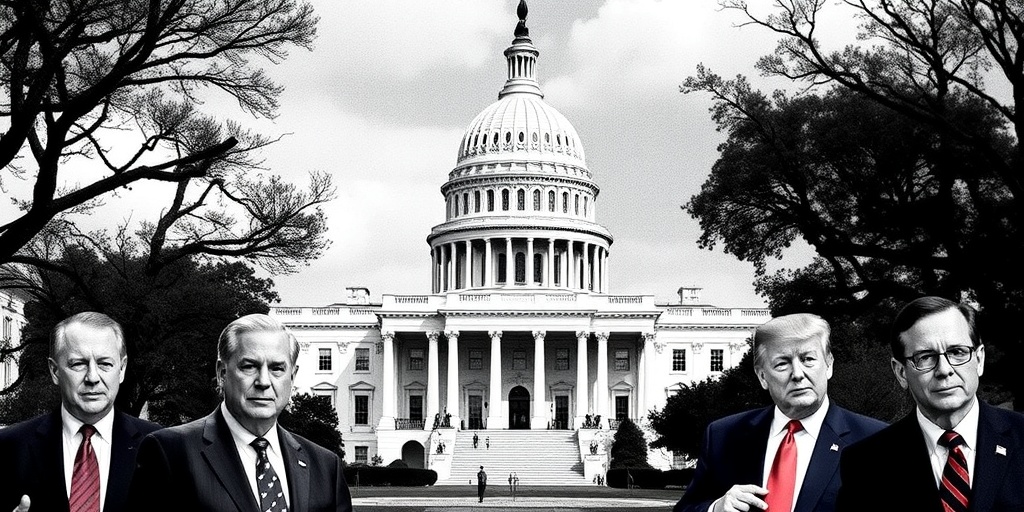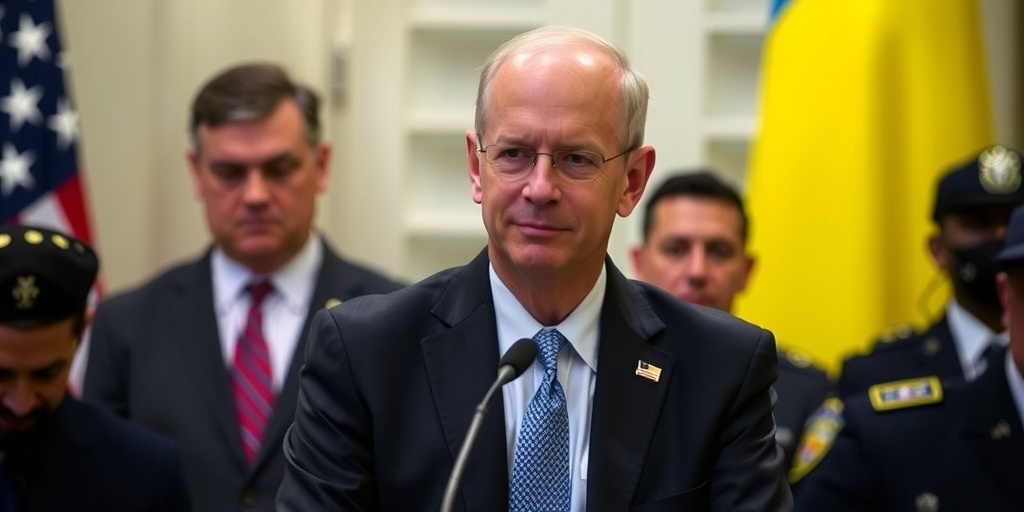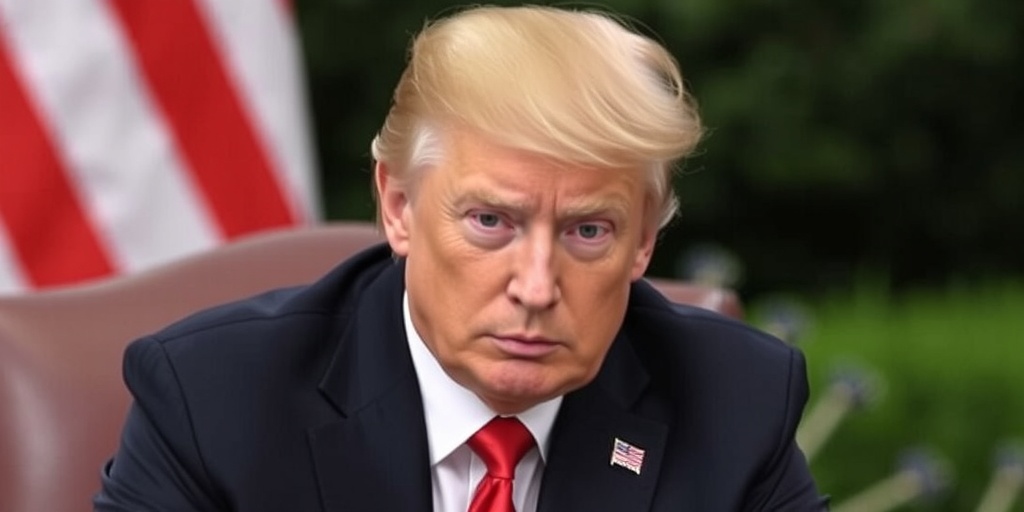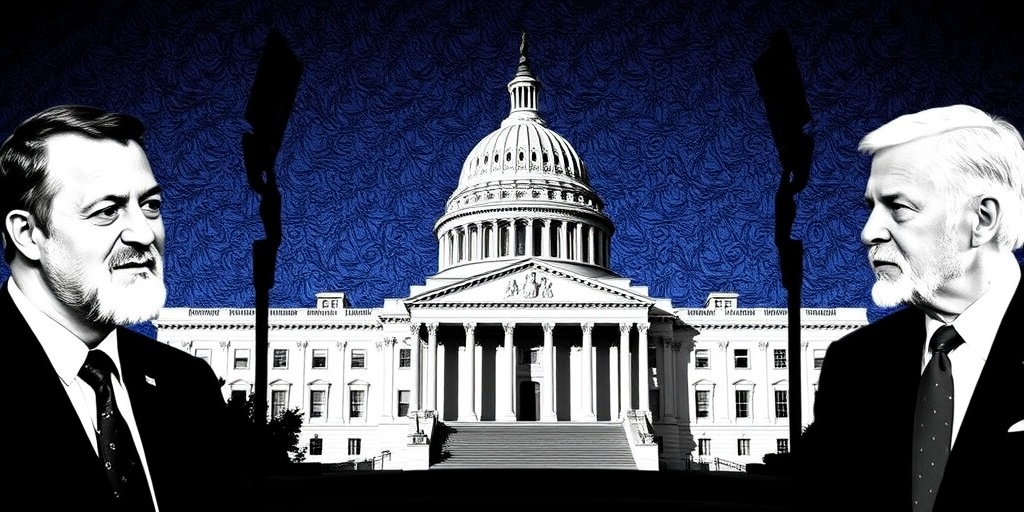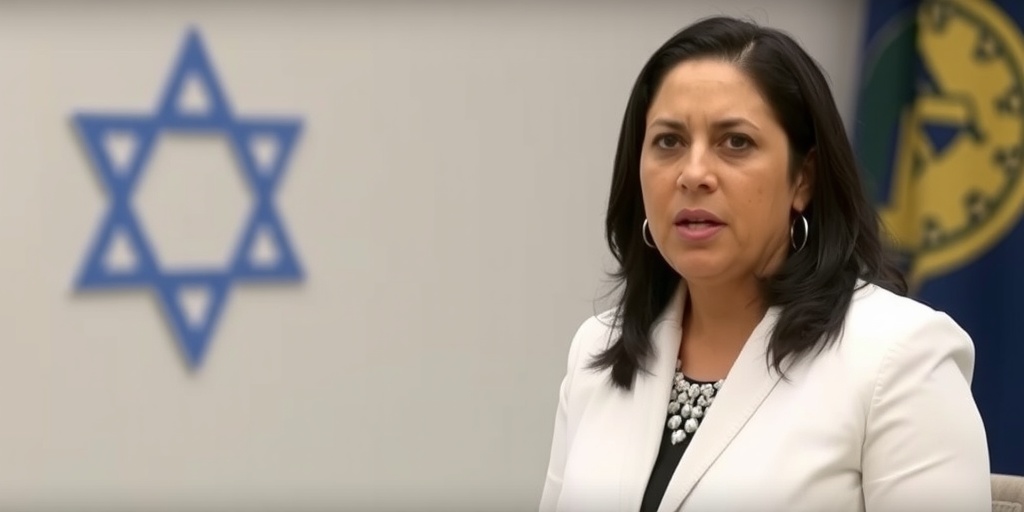Now Reading: Inside Trump’s Dissent Crackdown: ICE, Obscure Laws, and Fear
-
01
Inside Trump’s Dissent Crackdown: ICE, Obscure Laws, and Fear
Inside Trump’s Dissent Crackdown: ICE, Obscure Laws, and Fear
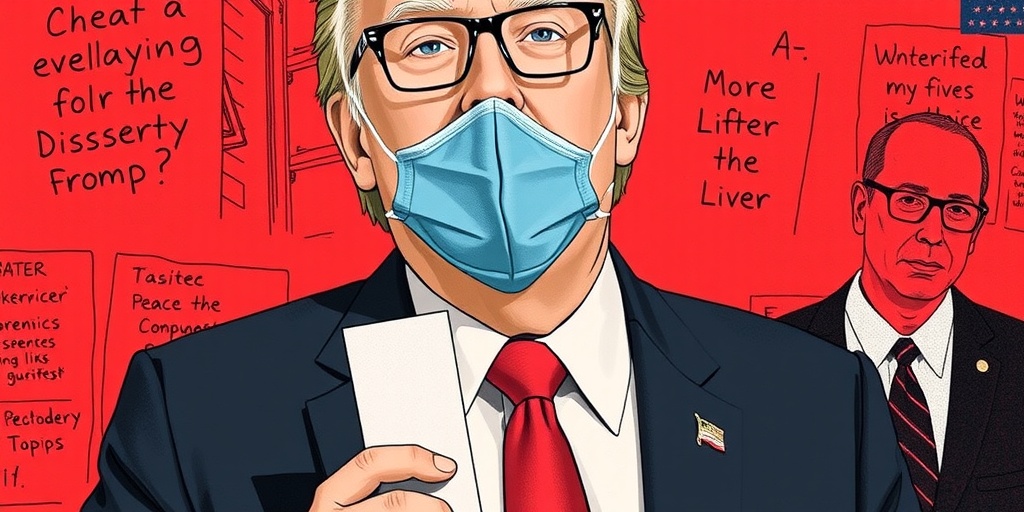
Title: Trump Administration’s Crackdown on Dissent: The Case of Mahmoud Khalil
The Trump administration has escalated its campaign against dissent, particularly targeting foreign students who participated in campus protests related to the Israel-Hamas conflict. In a significant move, President Trump announced plans to deport these students, focusing on individuals who may have expressed support for Hamas during demonstrations. This aggressive policy reflects a broader strategy to invoke the federal government’s powers to suppress dissenting voices.
Central to this controversy is Mahmoud Khalil, a 30-year-old lawful permanent resident who was arrested over the weekend. Khalil, known for his role as a negotiator and spokesman for pro-Palestinian demonstrations at Columbia University, was detained under dubious legal circumstances. His arrest was facilitated by a specialized unit within Immigration and Customs Enforcement (ICE) that typically targets human traffickers and drug smugglers. Under the pretext of national security, investigators scoured social media to find posts that could be construed as sympathetic to Hamas, ultimately leading to his arrest and raising serious concerns about First Amendment rights.
Trump’s administration has portrayed Khalil’s actions as a national security threat, citing statements from Thomas D. Homan, the official overseeing deportation operations. Homan asserted, “Freedom of speech has limitations,” emphasizing the administration’s stance that Khalil’s participation in protests posed a danger to U.S. foreign policy. However, legal experts and civil rights advocates argue that Khalil has not been charged with any crime, which raises red flags regarding the constitutionality of his detention.
The central legal argument against Khalil hinges on a provision in the Immigration and Nationality Act that claims any individual whose actions could harm U.S. foreign policy is subject to deportation. The administration argues that Khalil’s protests intensified antisemitism and jeopardized diplomatic relations. Critics vehemently contest this rationale, contending that it is a clear attack on free speech and an attempt to punish dissenting voices. Khalil’s lawyers have stated that since his arrest, they have been unable to have private discussions with him, further complicating the legal landscape of his case.
In drawing comparisons, legal scholars note that this incident echoes a previously documented case involving Mario Ruiz Massieu, a former Mexican official who was also targeted for alleged corruption, illustrating the selective application of deportation powers for purported national interests. However, experts highlight critical differences; Khalil is an American green card holder engaged in constitutionally protected speech, whereas Ruiz Massieu was charged with serious criminal offenses.
The broader implications of Khalil’s arrest cannot be understated. Critics, including Representative Jamie Raskin of Maryland, argue that the Trump administration’s actions set a dangerous precedent for authoritarianism in America. Raskin described Khalil’s detention as an intimidation tactic designed to silence political dissent through fear, warning that such practices undermine fundamental democratic values.
Additionally, legal experts have noted that the chilling effect of the government’s current stance could deter immigrants from voicing unpopular opinions. Even if Khalil ultimately prevails in his legal battle, the immediate impact of his arrest sends a stark message to the immigrant community about the risks associated with political advocacy. The chilling implications extend beyond Khalil, fostering an environment where individuals may hesitate to engage in political discourse for fear of retaliation.
Historically, Trump has shown a willingness to utilize federal authority to suppress dissent, as evidenced during the protests against police brutality and systemic racism in 2020. He deployed various federal agencies to quash demonstrations, and his administration has hinted at using novel legal strategies to target protesters, highlighting a pattern of prioritizing political alignment over constitutional rights.
Conversely, the Trump administration has demonstrated favoritism towards protests that align with its ideology, notably granting clemency to individuals who participated in the January 6 Capitol riot. This juxtaposition reveals a troubling inconsistency in how the administration chooses to engage with dissenting opinions and protests, reinforcing the narrative that dissent against the government is met with force, while supportive actions are overlooked.
As the case of Mahmoud Khalil unfolds, it serves as a crucial point of discussion about the state of free speech in America and the lengths to which the government may go to stifle dissent. Civil rights advocates and legal experts continue to sound alarms over the implications of such actions, stressing the need for unwavering protection of free expression in a democracy where dissent is vital to progress and reform.
Stay Informed With the Latest & Most Important News
Previous Post
Next Post
-
 01New technology breakthrough has everyone talking right now
01New technology breakthrough has everyone talking right now -
 02Unbelievable life hack everyone needs to try today
02Unbelievable life hack everyone needs to try today -
 03Fascinating discovery found buried deep beneath the ocean
03Fascinating discovery found buried deep beneath the ocean -
 04Man invents genius device that solves everyday problems
04Man invents genius device that solves everyday problems -
 05Shocking discovery that changes what we know forever
05Shocking discovery that changes what we know forever -
 06Internet goes wild over celebrity’s unexpected fashion choice
06Internet goes wild over celebrity’s unexpected fashion choice -
 07Rare animal sighting stuns scientists and wildlife lovers
07Rare animal sighting stuns scientists and wildlife lovers













